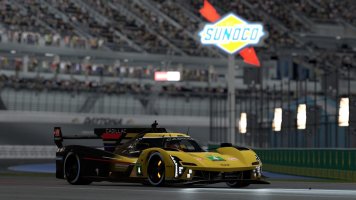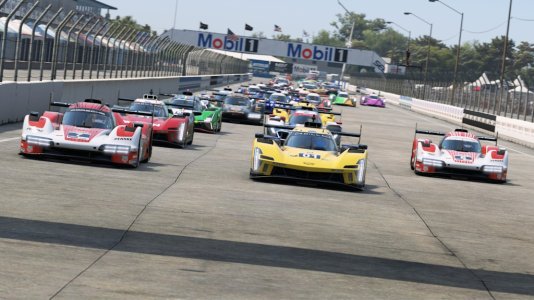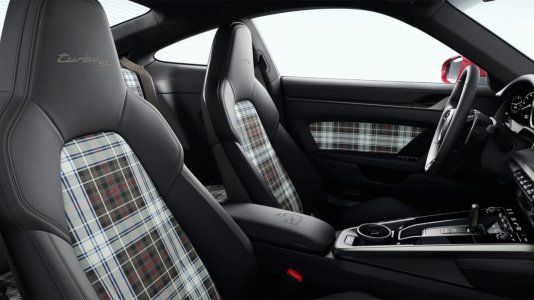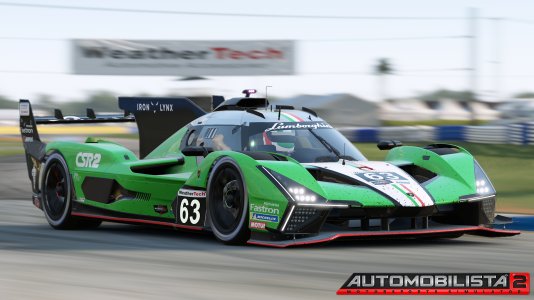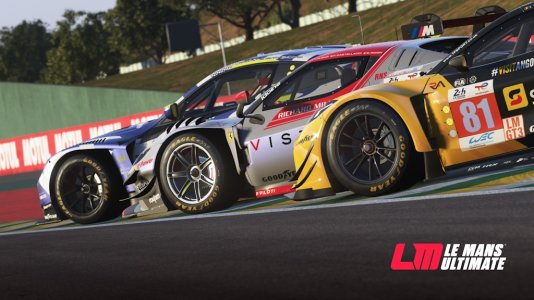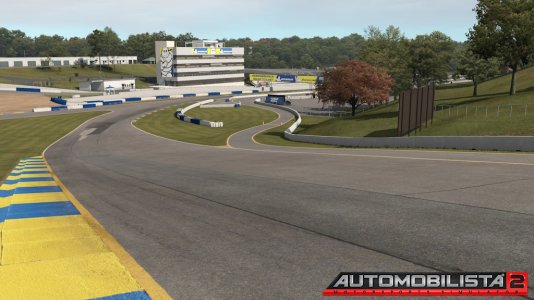Davide Nativo
Premium
Wolfsburg takes over Pikes Peak, and it does so in spectacular fashion!
Attendees at this year's Pikes Peak International Hillclimb (aka Race To The Clouds) were in for a treat as Volkswagen marked it's re-entry to the event by smashing the run record. The astonishing I.D. R, powered by two electric motors capable of 650Nm of torque, worth some 680hp total, obliterated Sebastian Loeb’s time at the hill climb venue by almost 18 seconds, lapping at 7'57''148, travelling at an average speed of 145.70 km/h (90.538 mph). Loeb was 'only' capable of 8'13''878 in the 3.2-litre twin-turbo Peugeot 208 he had used in 2013.
Volkswagen's last attempt at the event which has been running since 1916 was over 30 years ago. In 1987 VW entered a somewhat unique Golf based Group B rally car featuring two engines, each powering the wheels of one axle. Sadly Jochi Kleint was unable to take it to the finish line after suffering a suspension failure just a quarter of a mile from the finish line.
The I.D R chassis and bodywork benefit from the knowledge gained by Porsche and Audi with their Endurance Prototypes, the 919 and the R18. Lightweight, sleek, the VW single seater goes through air like a hot knife slices through butter. Electric vehicles have different cooling systems than those present on combustion engines, which means less openings and less drag. There is better weight distribution too allowed by the “green vehicle”, translating to an overall perfectly balanced car at 1100kg (2425 pounds).
The monstrous rear wing at the back, described as being “the size of a park bench”, creates more downforce than the weight of the entire car, helping to squeeze every bit of potential out of the thin mountain air. Additionally, being electric, it did not suffer from the typical power losses experienced by conventional combustion engines at the altitudes encountered at Pikes Peak (although, for the record, the turbo engine of the Peugeot did not either).
All these factors combined, made it possible for Dumas to not only beat the previous lap record held by an electric vehicle at Pikes Peak at 8'57''118 (Rhys Millen on e0 PP100, 2016), but to also become the fastest challenger ever to negotiate the 156 corners of the 12.42 mi (20 km) track.
Dumas was enthusiastic about the prototype, believing that the available torque possible on an electric vehicle is the best way to go for any hill climb or rally car. All considered, these cars might in fact be the best suited for this kind of racing, due to the relatively short nature of its stages and the various altitudes and conditions in which it is run. Could this record be something for WRC organisers, who were already considering moves towards 'green' energy at this year's meeting in Geneva, to consider?
For more news from the motorsport world be sure to check out the Motorsport Sub Forum here at RaceDepartment - Join in the discussion today!
Like what you see here at RaceDepartment? Don't forget to like, subscribe and follow us on social media!
RaceDepartment YouTube
RaceDepartment Twitter
RaceDepartment Facebook
RaceDepartment Twitch
RaceDepartment Instagram
How this groundbreaking record makes you feel? What do you think it means for the motorsport and the car industry in general? Let us know in the comments section below!
Last edited:
